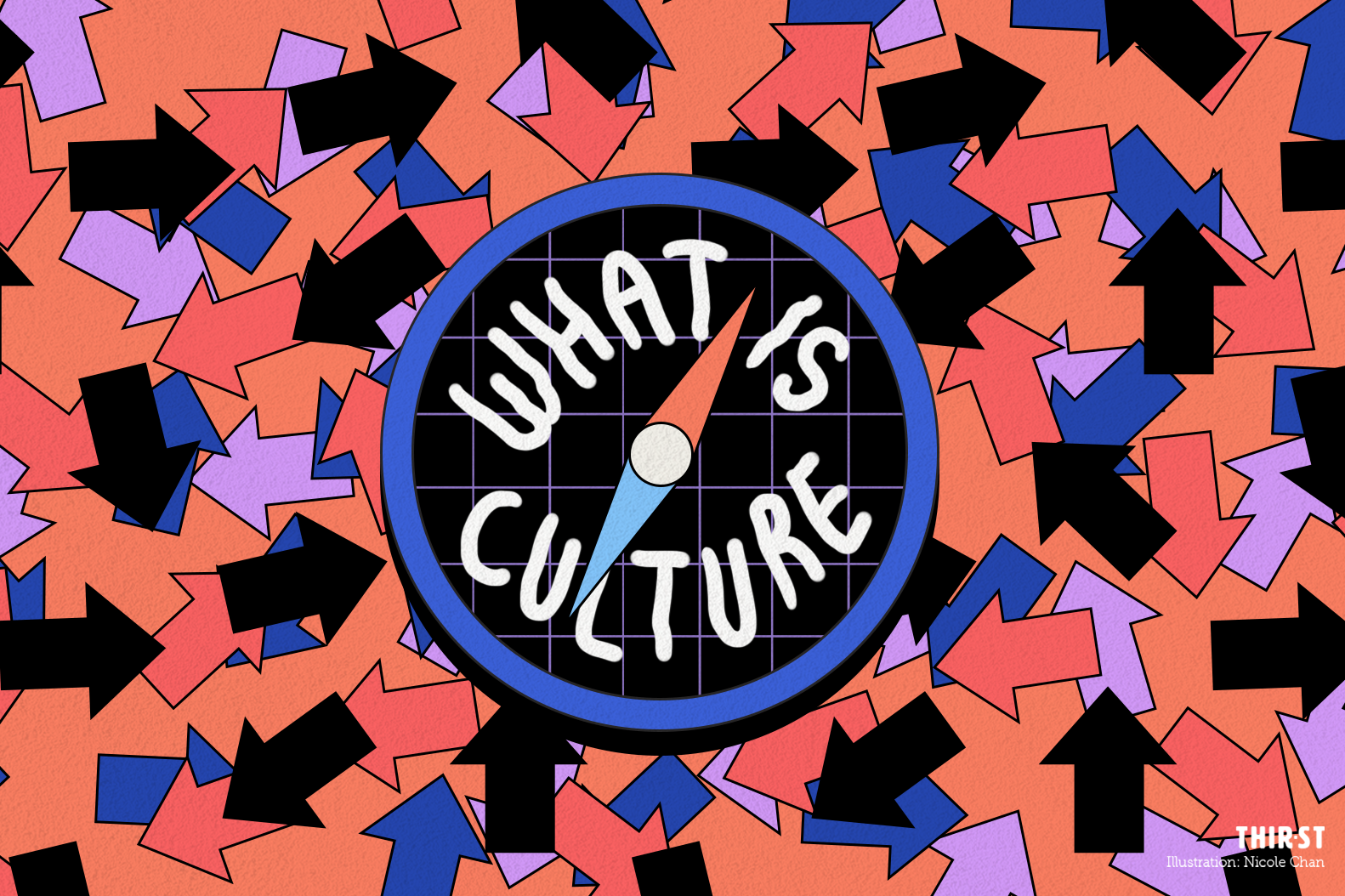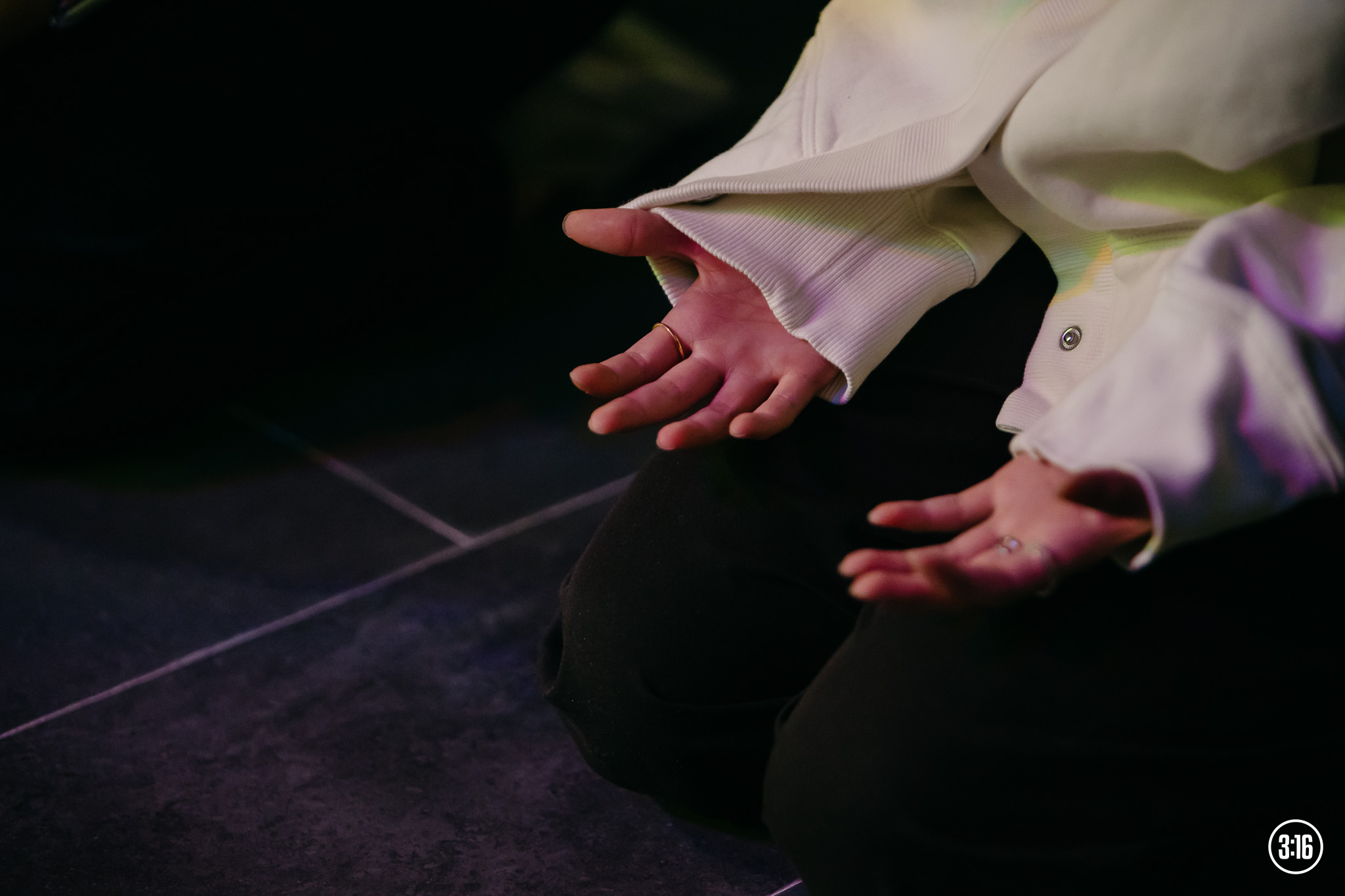Culture. It shapes the way society views the world, how people interact with each other and the values of a nation.
And yet despite culture’s importance, many Christians don’t have a good understanding of it and are therefore unable to influence and impact the world with God’s message of love and hope as well as they should.
That’s why I was glad to have attended The Capstone Collective’s Biblical Worldview Foundations webinar, where international director of Generations of Virtue, Carol Loi, spoke at length on what culture is and how we should engage with it.
Loi is also the Cohort Director – Singapore of the Colson Fellows programme — a 10-month course on developing a robust Christian worldview to engage the world for the gospel — under the Colson Center for Christian Worldview.
With that, let’s jump right into what I took away!
A COMPASS FOR LIFE
“Ideas have consequences,” she explained.
“In an increasingly complex world where there are so many different ideas, so many different other worldviews out there, are we able to tell what are ideas are good or bad?”
In a world where standards shift and culture changes, Loi believes God’s Word has to be our “compass” if we are to know what is right and wrong.
She then compared navigating culture to piecing a puzzle together: “When we do a puzzle, we always want to refer back to the picture on the puzzle box.”
In that light, the Bible is that picture we keep going back to when assessing aspects of culture.
That’s why developing a biblical worldview is crucial, since it “informs how we see things and gives us a better frame to see the world”.
3 THINGS THAT MAKE UP CULTURE
Loi shared that one can analyse culture by deconstructing it into three main elements.
1. Ideas
The first is ideas: the messages spread, encouraged and believed in within society.
As an illustration, Loi referenced the sexual revolution: “With the advancement of technology such as the invention of birth control pills and artificial reproductive technology, now the idea is sex, marriage and babies can be separated.
“People can choose to have sex without marriage, sex without babies, marriage without babies or babies without sex.”
But the question Loi believes we should ask ourselves: is that God’s design for human flourishing?
2. Champions
The second element that makes up culture is people. Specifically, those who propagate certain ideas in society.
One notable champion in the sexual revolution: sexologist Alfred Kinsey whose ideas came to prominence in the 20th century.
“He came with this idea that it’s not just male and female, that we can have a spectrum,” Loi explained.
“He thought that we should cast aside sexual norms; all kinds of sexual behaviours are acceptable, and sexuality and morality are different things.”
To Loi, Kinsey was a champion of an idea that “caught on with the people in his generation”.
3. Artefacts
Artefacts are things that shape cultural imagination and influence the way we view cultural topics.
A common artefact is media, for instance, shows that normalise the kind of couples or families that society should accept.
Children entertainment programmes are also very effective platforms to shape cultural imagination. Young children pick up these ideas easily in their formative years, thus normalising ideas that may not be health for them.
ENGAGING CULTURE ONLINE
Understanding culture is a good start. To make a real difference, however, we also have to take action.
One primary way through which champions influence today’s culture? The internet.
Loi’s encouragement to believers is to begin to use the web for good, engaging culture through writing, talent in art, sharing good content and conversations – bringing biblical perspectives into digital discussions.
Honestly, none of these are necessarily easy things to do. In the area of conversations, specifically, Loi shared openly that she has previously received heavy backlash after engaging online.
Despite this negative experience, she still believes we have to foster meaningful engagement where we can.
Because we are called to be loving, we have to speak up when we see culture moving in a harmful direction.
4 TIPS TO ENGAGE OTHERS WITH DIFFERENT VIEWS
Loi also provided practical handles on how to have conversations amid opposing viewpoints.
1. Adopt the right posture
“The first and most important thing is posture,” shared Loi. “What is our posture when we start a conversation with someone?
“Are we taking a combative posture? Or do we take a posture of humility and curiosity in understanding someone’s perspectives and worldview before we share our position?”
Referencing 2 Corinthians 5:18-20, Loi asserted that believers should carry themselves as ambassadors of Christ.
That means we have to maintain His message, love and truth in everything we do or say.
2. Ask questions
Loi then shared a communication tool we could use: questions.
“When we ask sincere questions, we show that we’re interested,” she explained. “And as we ask questions, we’re trying to better understand that person’s point of view.
“Questions help us build relationships.”
For example, asking “why do you think that way?” will likely help us find common ground with others.
Loi offered three questions as examples that could help guide such conversations:
- What do you mean by that? When asked in the right tone (in humility and with curiosity, instead of being condemning or defensive) it can uncover how others define or understand certain ideas.
- How did you come to that conclusion? This helps us to better understand why the person believes what they believe, and determine if their position is based on facts or opinions.
- Have you considered…? A way to introduce and lead others to dwell on new ideas or perspectives.
Additionally, other questions can also reveal self-refuting statements and challenge mindsets. For example:
- There is no truth. Is that a true statement?
- People should never impose their values on others. Are people who say that imposing their values on others?
- It is wrong for anyone to criticise another’s views. Is that a criticism?
- Only science gives reliable truth. Is there scientific evidence to prove that science is the only way to know truth?
3. Stay composed
When we have conversations, especially online over social media, people may say unpleasant things to us.
During such times, letting our emotions loose only puts us at a disadvantage.
“When we’re angry, it’s like the brain is on fire. You cannot think properly,” Loi said.
To help us remain composed, Loi reminded us to focus on deep breathing, while concurrently praying to God for wisdom and strength: “You’ll find that helps you centre upon God more.
“That helps you have a clearer mind to be able to engage well and be a good ambassador!”
4. Make use of various platforms
Besides how we converse, it’s also important to be mindful of where we converse.
Besides social media, there are many opportunities to have conversations with fellow citizens and national leaders. These can help us to better understand various perspectives and provide opportunities for us to share our views.
TRANSFORMING CULTURE
Closing the webinar with a word of encouragement, she said: “In real life, there’ll be a lot of people who will disagree with us, but that doesn’t mean we have to hide in our shells.
“It’s okay to explain our positions. It isn’t being pushy, being judgmental or about criticising. It’s about standing firm and sharing with people how we feel and why we believe what we believe, in a way that is winsome and honouring.”
Finally, Loi read from 1 Peter 3:13-16, reminding viewers to always act with gentleness and respect while traversing culture, as we represent Christ in all we do.
“God is always with us,” she affirmed, and He will grant us wisdom and strength when we ask.
It is a strength that allows us to be powerful yet gentle, a strength only possible when we move in partnership with Him to transform culture for His glory.
This is the first piece in a series of 4 articles on worldview, truth and culture from The Capstone Collective’s December run of their Biblical Worldview Foundations webinar.
The next run of Biblical Worldview Foundations will take place from 5-8 April (Tuesday to Friday) 2-5 pm on each day over Zoom. Email [email protected] to indicate interest.
Registration for the 2022 cohort of Colson Fellows is open. For more information or enquiries, email [email protected].
-
“A Practical Guide to Culture” by John Stonestreet & Brett Kunkle.
-
“Tactics” by Gregory Koukl
-
“Cultural Apologetics” by Paul M Gould
-
“What Would You Say” series of short videos on various cultural topics by Colson Center for Christian Worldview









